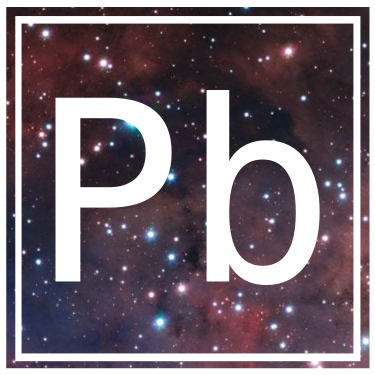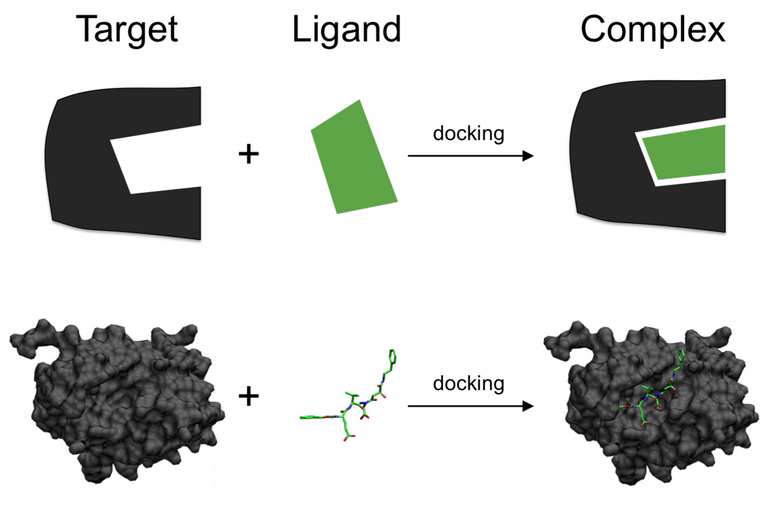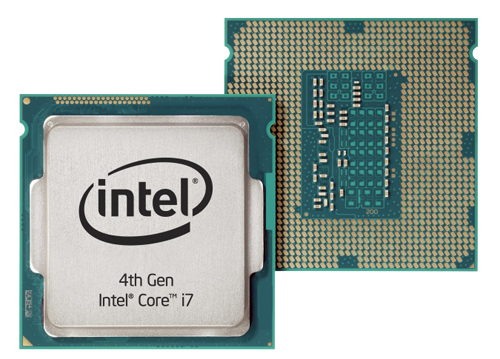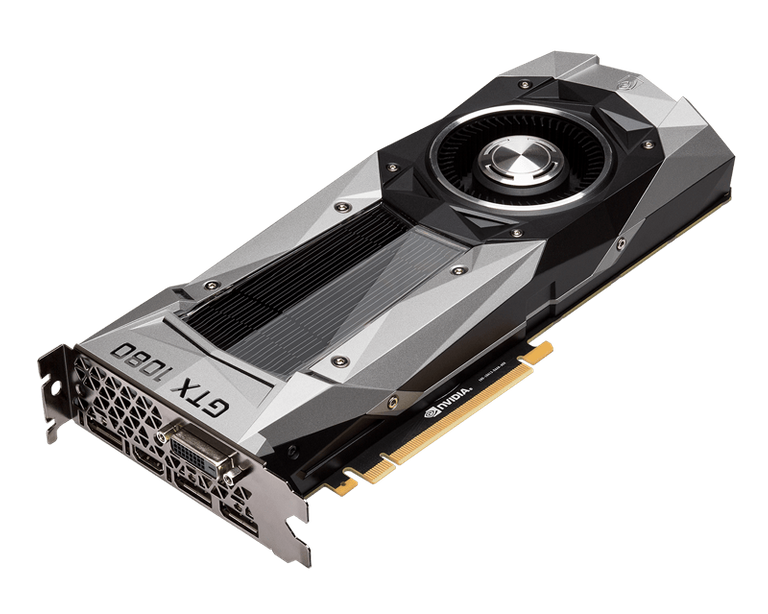
Project brief (Pb) is a segment of the Gridcoin Fireside where I will be talking about scientific projects apart of the BOINC network in simple terms.
Now we aren't just gonna sit here and solve quantum chemistry equations, it's a simple and super fun experience in learning about what's out there and what you could be supporting with just the click of a button!
Join me live on the Gridcoin Fireside at October 17th 8:00pm EDT! (Check your timezone)
Who am I?
I'm Delta! An Australian programmer, technologist, blockchain and cryptocurrency expert, and self-proclaimed physicist.
I like to communicate things to people in the simplest way possible and teach people about the most interesting things that this universe has to offer.
You can find me on Discord where I hang out in the Gridcoin chat.
What's happening this Fireside?
On October 17th I will be opening the Fireside with a short explanation of the BOINC project GPUGRID.
If you think you understand quantum mechanics, you don't understand quantum mechanics. - Richard P. Feynman
Big sounding words like "quantum mechanics" and "superpositions" usual deter people away from the sciences, and I don't blame them, I've learned them myself and they are some intimidating things to digest.
But it's interesting how the most intimidating and well tested physical theories are applied to fundamental reality, and in the case of GPUGRID, to proteins.
What does GPUGRID do?

GPUGRID is a project that runs molecular dynamics (MD) simulations for scientists in the fields of cancer, HIV/AIDS, neurological disorders and general scientific and lab simulations.
GPUGRID does things a little similar to Rosetta@home but where Rosetta focuses on mainly folding and proteins, GPUGRID does all sorts of things from docking, to folding to just "what happens if this happens" types of experiments with not only proteins but also smaller molecules. To learn more about how proteins work, check out my other Project Brief on Rosetta.
What is MD?

Molecular dynamics is the physics of molecules and atoms and how they interact at the tiny scales where they live. The animation above is a little bit fast but it shows how one big molecule interacts in a sea of smaller water or gas molecules.
It is a little hectic, and that's how it is in reality (just we can't really see it). All that jiggling around is what we call heat, the hotter it is, the more it jiggles and the more chance it has to separate a material (for example, turning water into steam).

This jiggling is important to incorporate into simulations like folding or docking, because that way, the possible drug or cure that is being tested is in the most realistic situation it can be.
Why GPUs and not CPUs?

For those of you that don't know, CPUs are what makes your computer run, it does the maths, it manages your memory and files and all the general stuff. CPUs usually only need a couple of hands (cores) to do a bunch of complex things because usually you will only be doing a couple things at a time on the computer.

The GPU is usually an extra card or component within the computer that puts stuff on the screen. Now the key thing about this is that to put stuff on the screen, you can have lots and lots of little hands (cores) doing very simple things to bring one big thing together in the end (ie, the picture on the screen)
This fact is why GPUGRID only uses GPUs, because they are really really good at lots and lots of really small calculations. Much like lots and lots of molecules all bouncing around.
Interested in trying to cure cancer or HIV?
Don't have a good computer or want to donate your spare time?
Join Zooniverse, a site for volunteer science!
Solve puzzles and complete tasks that help real scientists solve real problems!
Check out my twitch.tv channel where I do volunteer science every now and then! Make sure you follow me to get a notification whenever I go live!